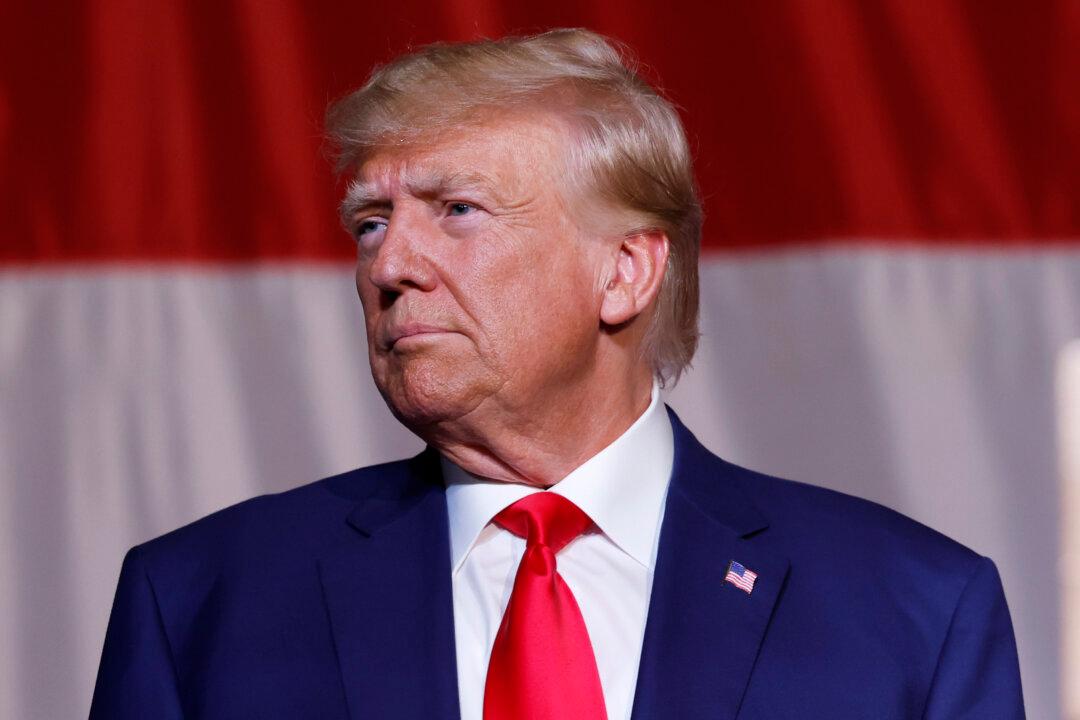U.S. District Judge Tanya Chutkan, who is overseeing the case special counsel Jack Smith is prosecuting against former President Donald Trump, was randomly reassigned another case on Oct. 6, also against the former president.
The judge known for harsh Jan. 6-related sentencings now presides over both a criminal and civil case against the former president. He had previously filed a motion for her to recuse herself from his case, but she ruled it unnecessary.





